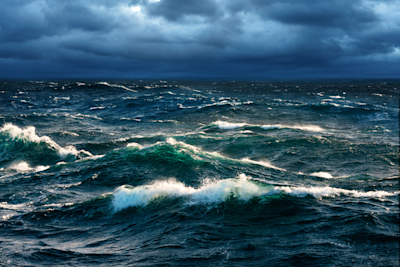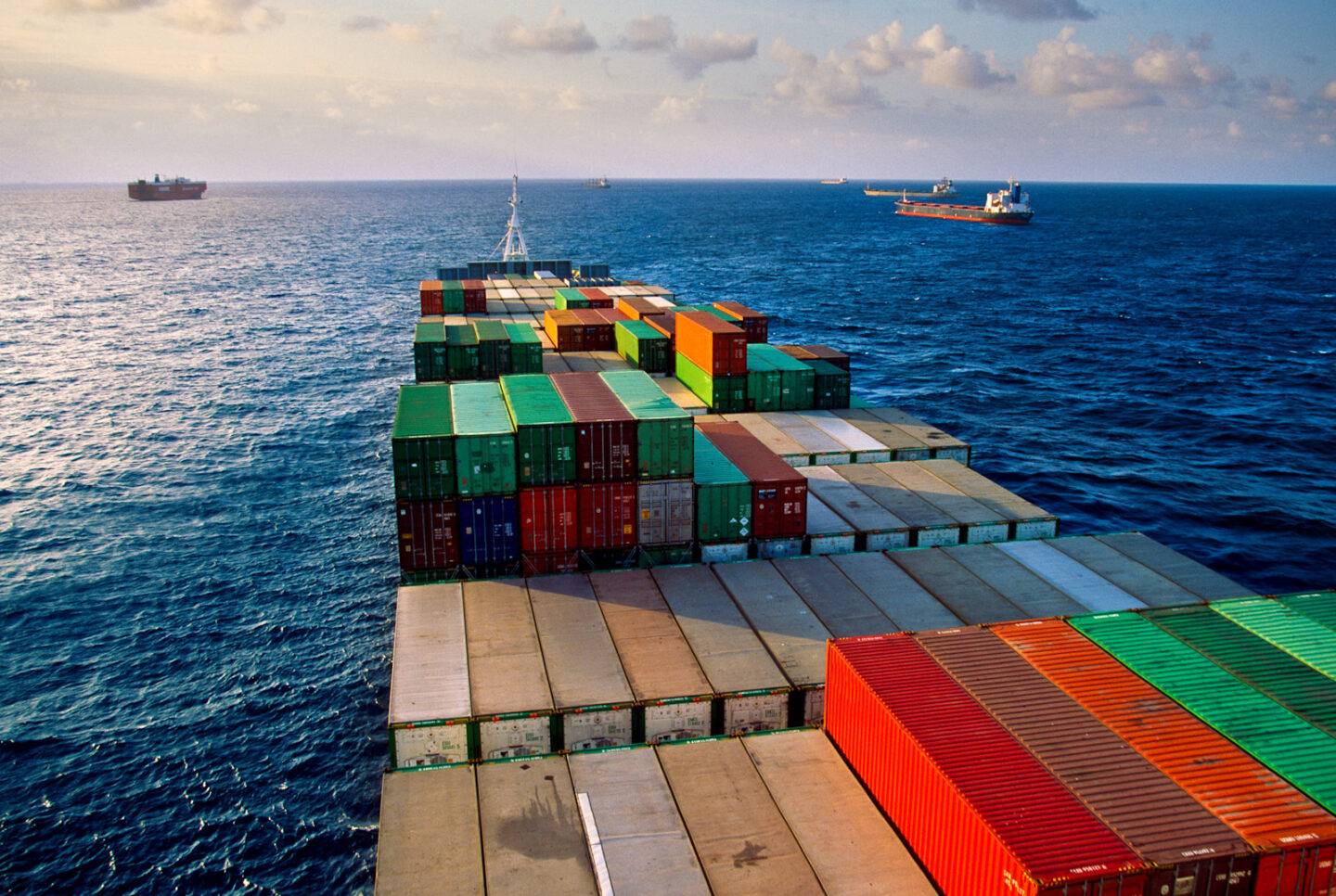Redefining success at sea
In the vast expanse of the world’s oceans, where unpredictable weather, safety concerns and environmental regulations converge, the maritime industry faces a myriad of challenges. In this dynamic seascape, voyage planning and route optimisation emerge as critical factors that can redefine success for ship owners, managers, charterers and operators alike.
Fuel efficiency and cost savings
Embarking on a journey towards economic viability and competitiveness, maritime stakeholders increasingly turn to advanced weather routing systems and speed profile optimisation. By collaboratively leveraging real-time data, ship managers and charterers can plan routes that not only sidestep adverse conditions but also optimise vessel speed for enhanced fuel efficiency.
Ship managers and charterers seek routes strategically planned to take advantage of favorable weather conditions, capitalising on prevailing currents, like the Gulf Stream or Kuroshio Current, for instance, which can significantly boost speed and fuel efficiency. Additionally, vessels can avoid areas prone to adverse weather conditions, such as heavy storms, hurricanes or turbulent seas, prioritising the safety of the vessel, crew and cargo. Through the dynamic use of real-time data, these stakeholders can continually assess evolving factors, making informed decisions, adjusting routes and optimising vessel speed to harness the most advantageous conditions along the way.
The result? Significant reductions in fuel consumption and operating costs, benefitting all parties and ensuring a smoother sail in turbulent economic waters.

Better operational planning
In an era marked by heightened environmental consciousness, voyage optimisation is a crucial ally for maritime stakeholders. Together, leading ship owners, operators, managers and charterers actively strive to minimise their carbon footprint and adhere to stringent environmental regulations by meticulously fine-tuning routes and vessel speeds. This strategy aligns their operations with the growing expectation of responsible business practices, fostering a shared commitment to ecological responsibility within the industry.
Voyage optimisation not only helps reduce emissions, it also plays a crucial role in meticulous operational planning, providing bridge leaders and crews with the tools and high-level visibility needed to empower compliant operations along routes, so that crews are prepared to comply with regulations within environmentally protected zones. These areas are often closer to land, where certain discharges may be prohibited, or speeds are restricted. This detailed planning significantly diminishes the risk of unintentional infractions that could harm the environment and tarnish the company’s reputation.
Improved schedule adherence and reliability
For ship managers, operators, and charterers, the promise of improved schedule adherence is a game-changer. Voyage optimisation, driven by historical data and predictive analytics, empowers stakeholders to navigate the seas with unprecedented precision. By avoiding delays caused by adverse weather or suboptimal routes, reliability becomes a hallmark of their services, translating into enhanced customer satisfaction, trust and the potential for attracting new business opportunities.
Optimised fleet performance and resource utilisation
In the pursuit of operational efficiency, operators and ship managers rely on voyage optimisation tools for a comprehensive view of fleet operations. This isn’t just about making informed decisions on maintenance schedules, route planning and fuel consumption; it’s a practical shift toward optimising overall performance. This shift has a ripple effect, with vessels being maximally utilised, minimising idle time, and ultimately leading to efficiency gains that positively impact economic outcomes across the industry.
As the maritime industry charts a course into the future, the significance of voyage planning and route optimisation cannot be overstated. From fuel efficiency and environmental sustainability to improved safety and operational performance, the benefits are far-reaching. As stakeholders embrace these technological advancements, they not only navigate the challenges of today but also set sail towards a more prosperous and sustainable future on the high seas.
Navigation from LR OneOcean consolidates voyage planning activity — including optimisation by time, cost and fuel — into one streamlined workflow, allowing team members aboard and onshore to compare routes and evaluate all relevant voyage planning criteria on one interface. This high-level view, with zoom-in access to granular navigational data, enables the best possible decision-making to remain competitive and forward-thinking in a rapidly-shifting industry.
